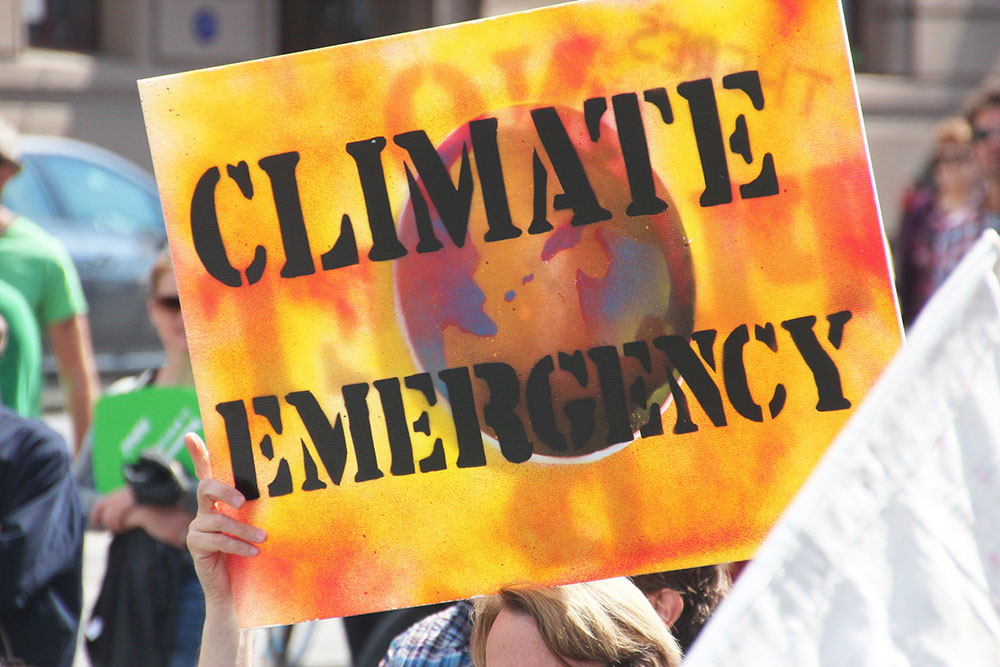
Image: Takver
As scientists have persistently warned of both sea levels and mercury rising, cities like Melbourne have led the charge in trying to make their infrastructure more impervious to looming climate related disasters.
But that’s not the only thing the City of Melbourne has to worry about. The steady surge in population and increasing urban pressures have put significant stress on existing infrastructure that will be unable to cope with the demands of more people and more ferocious climate-related risks.
That’s why the City has put its collective wits to the task of coming up with ways to mitigate these potential disasters that threaten to inflict untold damage to Melbourne denizens in the future.
Through support from the Rockefeller Foundation’s 100 Resilient Cities initiative, the City of Melbourne has entrusted its Chief Resilience Officer Toby Kent to complete an Australian-first assessment of the challenges and opportunities facing Melbourne.
The results of the now completed assessment will lead to the creation of a metropolitan-wide resilience strategy.
Mr Kent has been working with 31 metropolitan councils and state agencies over the past six months to develop the assessment. The Future Melbourne Committee also endorsed the assessment on behalf of those 31 local government bodies.
The City has created a resilience steering committee to oversee the development of the Strategy, which has been scheduled to be delivered in 2016.
According to the City of Melbourne, the Preliminary Resilience Assessment is the “foundation” for a city resilience plan that will strengthen Melbourne’s ability to identify and manage shocks, including natural and man-made disasters, as well as social and economic stresses.
The City consulted with leaders in local, state and federal government, academia, emergency management, environment and the community and health sectors to develop the assessment.
Mr Doyle said the City of Melbourne was one of the first 32 cities invited to participate in the 100 Resilient Cities Challenge in 2013, from 400 cities that applied.
According to the City, the assessment identifies and recommends further work in five focus areas including, a stronger society, a better connected society, a competitive metropolis, a healthier environment, and integrated plans and actions.
Councillor Arron Wood, Chair of the City of Melbourne’s Environment Portfolio, said the challenges identified by the councils will be exacerbated by climate change.
“Within decades Melbourne is predicted to be experiencing more than double the number of heat waves, which will have significant economic, health and social impacts,” Mr Wood said.
“We know that Melbournians band together in emergencies such as bushfires and floods, but resilience is about working together to strengthen our city when times are good.”





